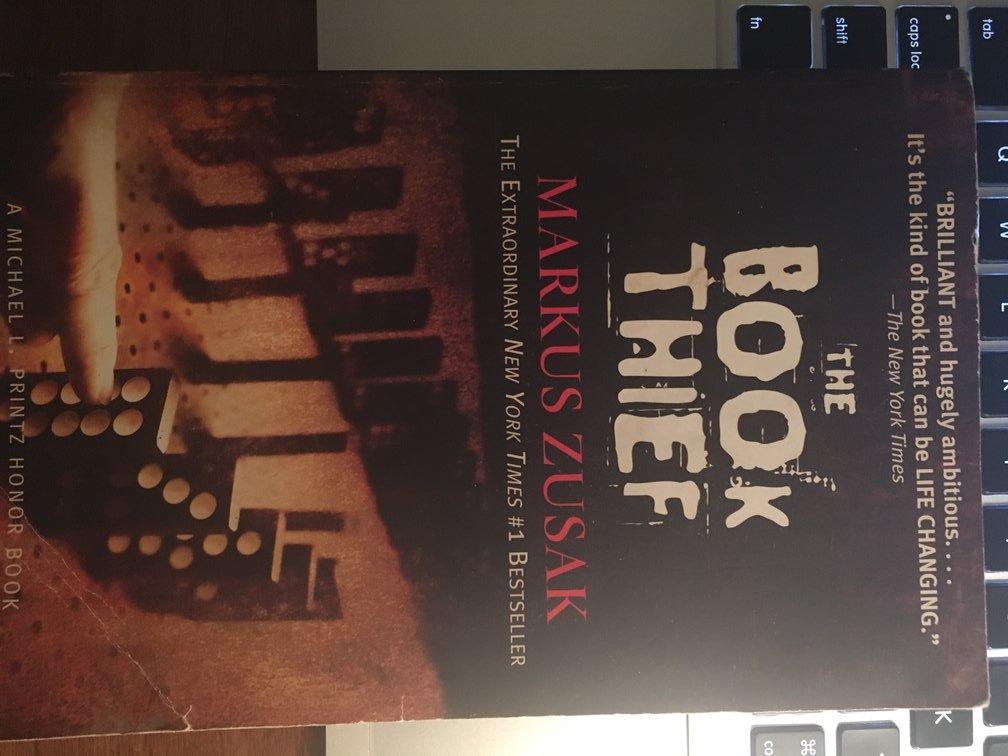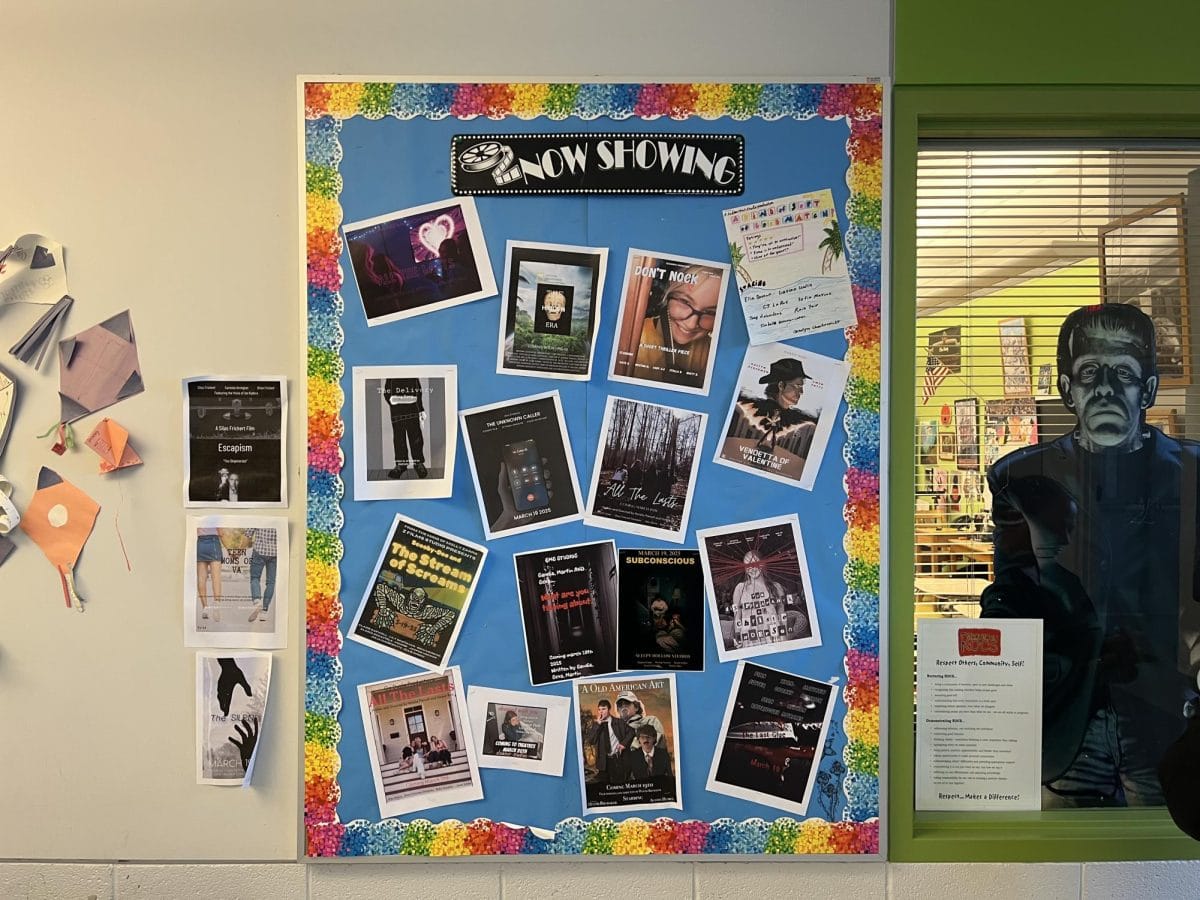Throughout all of my years in school I have studied World War II in great detail and have watched gut wrenching films and studied blurred images of concentration camps. I have never learned so much about it than when I read The Book Thief. Australian native Markus Zusak is now a renowned author following the immense success of the novel.
Following the tragic story of a young girl, Liesel Meminger, whose younger brother dies on the way to meet their new foster parents, this novel is full of emotion. She is dropped off in a small German town called Molching, on the outskirts of Munich and into a completely new life. Beautifully narrated by death himself, Zusak is able to portray what living was like for an entire town immersed in half a decade of death. Liesel is just old enough upon arriving on Himmel (heaven) street to join the BDM, or Band of German Girls. The BDM was the female equivalent of the Hitler Youth in Nazi Germany. It was also the only female youth organization in all of Nazi Germany.
Rudy Steiner, a young German boy, becomes friends with Liesel through school. Rudy absolutely loves Jesse Owens. In 1936 the Olympic games were held in Germany. Jesse Owens was an American track and field athlete and four time olympic gold medalist. Upon winning his fourth gold medal for the 4x100m relay and being an African American, all around the world people were still convinced he was “subhuman.” These wins thus proved otherwise. No one wanted to be more like Jesse Owens than the young boy with the lemon colored hair.
The Book Thief expertly shows what life was like for Germans who were not persecuted by Hitler’s regime. It shows how a young girl who was absolutely in love with words learned how to read and write in the basement of her house with her father. It shows how she stole books from the flames of the Hitler Youth’s raging fires, an attempt to knock out all the past knowledge of the world’s culture. It shows how humans know how to deal with death and destruction and absolutely nothing about living. This novel led me to be awake at 3 a.m. on a Thursday night crying under the covers of my bed. This novel is honest, beautiful and hilarious. This novel is a written present.
In 2013, The Book Thief was turned into a major motion picture. An Oscar nominated film, the adaptation of this wonderful piece of literature grossed in large funds with a total of $76,586,316. The movie was in theaters across the globe for twenty two weeks. Zusak has also won a slew of awards for the novel like the Kathleen Mitchell Award and National Jewish Book Award for Children and Young Adult Literature
I had never read a book with the character of death as the narrator before The Book Thief. I have not imagined death as a person with emotions or curiosity or regret. Death (as a narrator) is funny in the novel. He is warm and forgiving and sad. Zusak is absolutely brilliant in integrating the element of death to observe the way that humans live and express emotions during mass tragedy.
Liesel Meminger feels real. I can see her face and imagine her basement full of words. Liesel is forgiving and was exposed to entirely too much as a child. Liesel taught me about living through death. She taught me about the honest life of a child during World War II. She let me feel her despair. Zusak was able to evoke emotions in myself that I did not even know that I had.
The Book Thief does not steal anything. The Book Thief only gives.






































